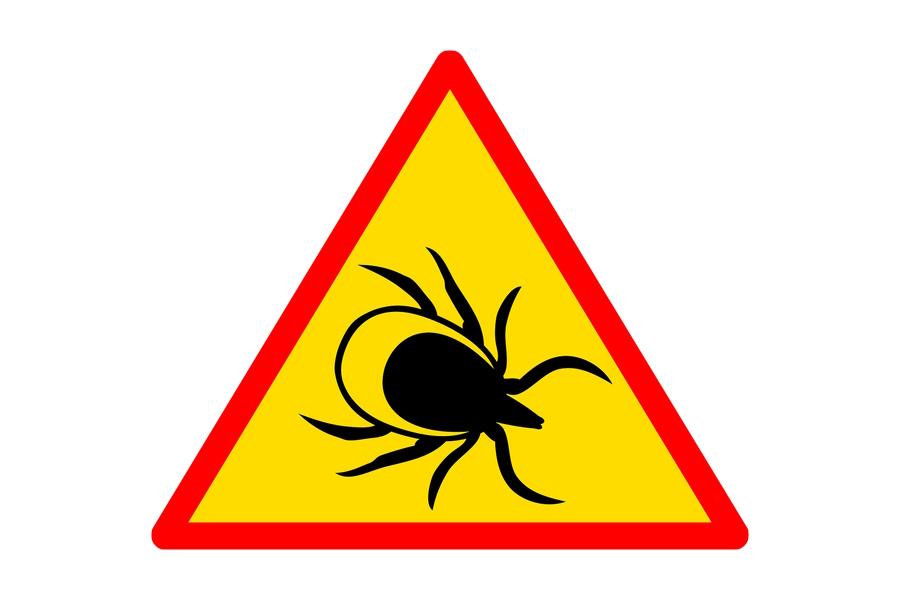Protocol violations gut Pfizer’s Lyme disease shot study

Development of a Lyme disease vaccine at Valneva, developed with partner Pfizer, has been thrown into disarray after it emerged that some clinical trial sites were not adhering to Good Clinical Practice (GCP) standards.
The protocol violations reportedly took place at sites that were being run by third-party operator Care Access, and mean that around half of all the subjects recruited into the VALOR study in the US will be withdrawn from testing.
Pfizer and Valneva have been quick to stress that there are no safety concerns with the Lyme disease vaccine, known as VLA15, and they are now focused on getting the VALOR trial back on track at investigation sites that are not run by Care Access.
The site operator, a Boston-based subsidiary of cloud-based clinical trials software specialist Reify Health, has said it does not agree with Pfizer’s decision and will be sharing information with the FDA and the VALOR trial’s institutional review board (IRB) “to ensure they have the facts.”
The nature of the violations isn’t being disclosed at present. GCP covers a broad set of standards for the design, conduct, monitoring, auditing, recording, analysis, and reporting of clinical trials, with the overarching principle that trials are run on safe, ethical, and scientifically sound principles.
It is understood that Care Access was helping Pfizer target participants in remote and sometimes inaccessible communities where Lyme disease is endemic. The phase 3 trial started in the latter half of 2022.
Valneva said in a statement that Pfizer launched an investigation into “operations and data collection” in VALOR once it learned of potential GCP violations, and “followed standard operating safeguards to determine the correct course of action.”
The big question is whether the issue could delay development of VLA15, which if found effective in VALOR could become the first vaccine for Lyme disease – a systemic infection caused by a bacteria (Borrelia burgdorfii) transmitted to humans through tick bites.
Lyme disease is the most common vector-borne illness in the Northern Hemisphere, and causes a characteristic rash that can be accompanied by flu-like symptoms and, in some cases, debilitating tiredness and aches that last for years.
VLA15 targets the outer surface protein A (OspA) of the bacteria, and is currently the only vaccine in clinical development, although the infection can be treated with antibiotics.
Valneva and Pfizer said they are still predicting a filing for approval of VLA15 with the FDA in 2025, despite the setback.
Last year, Pfizer re-engineered the terms of its alliance with Valneva, taking an 8% stake in the French vaccine developer at a cost of around €90.5 million ($95 million) and reducing its share of the development costs for VLA15.
Cases of Lyme disease have more than tripled since the late 1990s, according to Centres for Disease Control and Prevention (CDC) data.












